Home>Ideas and Tips>Essential Houseplants For Cleaner Indoor Air
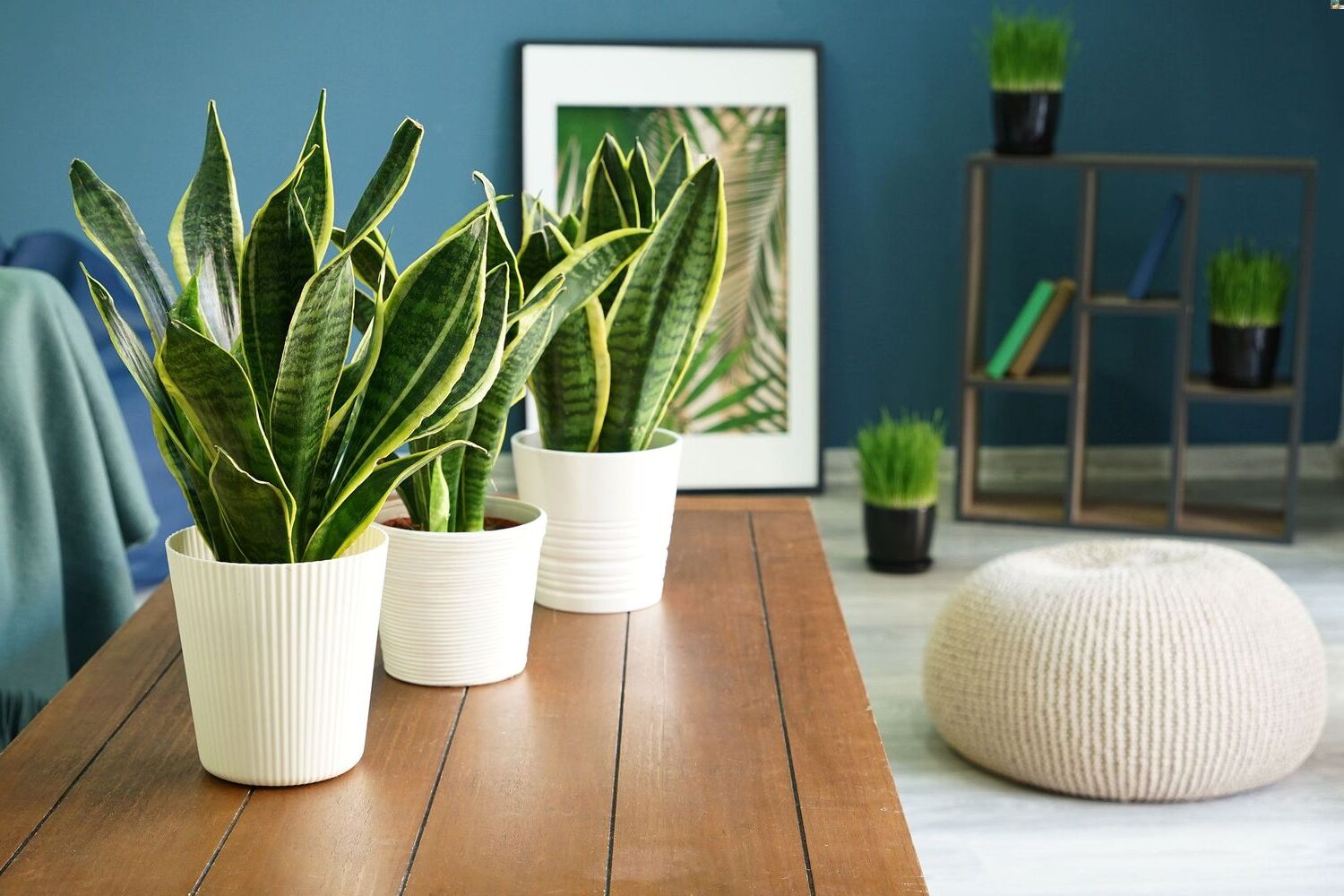

Ideas and Tips
Essential Houseplants For Cleaner Indoor Air
Published: November 4, 2024
Discover the best houseplants to purify your indoor air, improve health, and add natural beauty to your home. Learn care tips and benefits.
(Many of the links in this article redirect to a specific reviewed product. Your purchase of these products through affiliate links helps to generate commission for Storables.com, at no extra cost. Learn more)
Maintaining good indoor air quality is crucial for our health and well-being. Poor air quality can lead to a variety of health issues, from mild discomfort to serious respiratory problems. One effective way to improve indoor air quality is by using houseplants. These plants not only add a touch of natural beauty to our homes but also help purify the air we breathe. In this article, we'll explore the best houseplants for cleaner indoor air, their benefits, and how to care for them.
The Science Behind Air-Purifying Plants
The concept of using plants to clean the air dates back to NASA's Clean Air Study in the 1980s. Scientists were looking for ways to purify the air in space stations, and they discovered that certain houseplants were incredibly effective at removing harmful pollutants from the air. These pollutants include formaldehyde, benzene, acetone, ammonia, trichloroethylene, and carbon monoxide—commonly found in household items like furniture, cleaning products, and even some types of flooring.
Houseplants achieve this through a combination of their leaves and roots. The leaves absorb these pollutants through a process called phytoremediation, while the roots and potting soil also contribute to the air-purifying process. Over time, the microorganisms in the potting soil adapt and become more efficient at cleaning the air.
Top Houseplants for Air Purification
-
Marble Queen Pothos (Epipremnum aureum)
- Benefits: The Marble Queen Pothos is known for its ability to remove formaldehyde, benzene, and toluene from the air. It's particularly well-suited for those who have trouble keeping plants alive due to its low-maintenance requirements.
- Care Tips: Water this plant every seven to ten days. It prefers bright, indirect light but can tolerate low light conditions. The Marble Queen Pothos is nearly impossible to kill and makes a great choice for beginners.
-
Peace Lily (Spathiphyllum)
- Benefits: Peace Lilies are renowned for their ability to remove formaldehyde, benzene, and carbon monoxide from the air. They also produce beautiful white blooms that can add a touch of elegance to any room.
- Care Tips: Peace Lilies prefer well-draining soil and moderate watering. They don't require direct sunlight but do need regular watering to thrive. Keep the leaves clean by wiping them with a damp cloth occasionally.
-
English Ivy (Hedera helix)
- Benefits: English Ivy is a fantastic plant for air filtration according to NASA's study. It absorbs formaldehyde and can reduce airborne fecal matter.
- Care Tips: English Ivy prefers bright, indirect light but can thrive in low-light conditions as well. It needs regular watering but make sure not to overwater it as it can be prone to root rot.
-
Gerbera Daisy (Gerbera jamesonii)
- Benefits: Gerbera Daisies filter out trichloroethylene and benzene from the air. They are bright and colorful, making them a great addition to any room.
- Care Tips: Gerbera Daisies need plenty of direct sunlight and frequent watering. They are relatively low maintenance but do require more attention than some other plants on this list.
-
ZZ Plant (Zamioculcas zamiifolia)
- Benefits: The ZZ Plant is nearly indestructible and can tolerate various lighting conditions. It's also known for its ability to remove pollutants like benzene from the air.
- Care Tips: The ZZ Plant is very low maintenance and can go without water for long periods. However, it's essential to keep its leaves free of dust by occasionally wiping them with a damp cloth or paper towel.
-
Snake Plant (Sansevieria Trifasciata)
- Benefits: Snake Plants are known for their ability to purify the air at night, making them an excellent choice for bedrooms. They remove pollutants like formaldehyde and benzene.
- Care Tips: Snake Plants prefer well-draining soil and infrequent watering. They can thrive in low-light conditions but will do better with some indirect sunlight.
-
Spider Plant (Chlorophytum comosum)
- Benefits: Spider Plants are easy to grow and improve indoor air quality by removing pollutants like formaldehyde and xylene.
- Care Tips: Spider Plants prefer bright, indirect light but can tolerate low light conditions as well. They need regular watering but make sure not to overwater them as this can lead to root rot.
How to Choose the Right Plants
When selecting houseplants for air purification, consider several factors:
- Lighting Conditions: Not all plants require direct sunlight; some can thrive in low-light conditions. Choose plants that match your home's lighting conditions.
- Maintenance Level: Some plants are more low-maintenance than others. If you have a busy schedule, choose plants like the ZZ Plant or Spider Plant.
- Pet-Friendliness: Some plants contain toxins that can harm pets if ingested. For example, the Marble Queen Pothos contains calcium oxalate crystals which can be toxic to cats and dogs.
- Humidity Levels: Plants can help raise humidity levels in your home, which is beneficial for people with dry skin or respiratory issues.
Tips for Caring for Your Air-Purifying Plants
- Watering: Overwatering is one of the most common mistakes people make when caring for houseplants. Make sure to check the soil moisture before watering your plants.
- Lighting: Provide your plants with the right amount of light based on their specific needs.
- Fertilizing: Fertilize your plants regularly but avoid overfertilizing as this can damage them.
- Pruning: Prune your plants regularly to keep them healthy and promote new growth.
- Pest Control: Check your plants regularly for pests like spider mites or mealybugs and treat them promptly if you find any.
Additional Benefits of Houseplants
While houseplants are primarily known for their air-purifying abilities, they also offer several other benefits:
- Aesthetic Appeal: Houseplants add a touch of natural beauty to any room, making it more inviting and comfortable.
- Mood Boost: Studies have shown that being around plants can improve mood and reduce stress levels.
- Humidity Regulation: As mentioned earlier, plants help regulate humidity levels in your home which is beneficial for people with respiratory issues or dry skin.
- Carbon Dioxide Reduction: Plants absorb carbon dioxide during photosynthesis which helps reduce CO2 levels in your home.
Conclusion
Maintaining good indoor air quality is crucial for our health and well-being. Houseplants are an effective way to purify the air we breathe without relying on expensive air purifiers. By choosing the right plants based on their specific needs and caring for them properly, you can significantly improve the air quality in your home. Whether you're looking to reduce formaldehyde levels or simply add some greenery to your space, there's a houseplant out there that can help you achieve your goals.
In summary:
- Marble Queen Pothos: Excellent for removing formaldehyde, benzene, and toluene.
- Peace Lily: Effective against formaldehyde, benzene, and carbon monoxide.
- English Ivy: Absorbs formaldehyde and reduces airborne fecal matter.
- Gerbera Daisy: Filters out trichloroethylene and benzene.
- ZZ Plant: Tolerates various lighting conditions and removes pollutants like benzene.
- Snake Plant: Purifies the air at night and removes pollutants like formaldehyde and benzene.
- Spider Plant: Easy to grow and improves indoor air quality by removing pollutants like formaldehyde and xylene.
By incorporating these essential houseplants into your home decor, you'll not only enhance its aesthetic appeal but also contribute significantly to cleaner indoor air.
Was this page helpful?
At Storables.com, we guarantee accurate and reliable information. Our content, validated by Expert Board Contributors, is crafted following stringent Editorial Policies. We're committed to providing you with well-researched, expert-backed insights for all your informational needs.
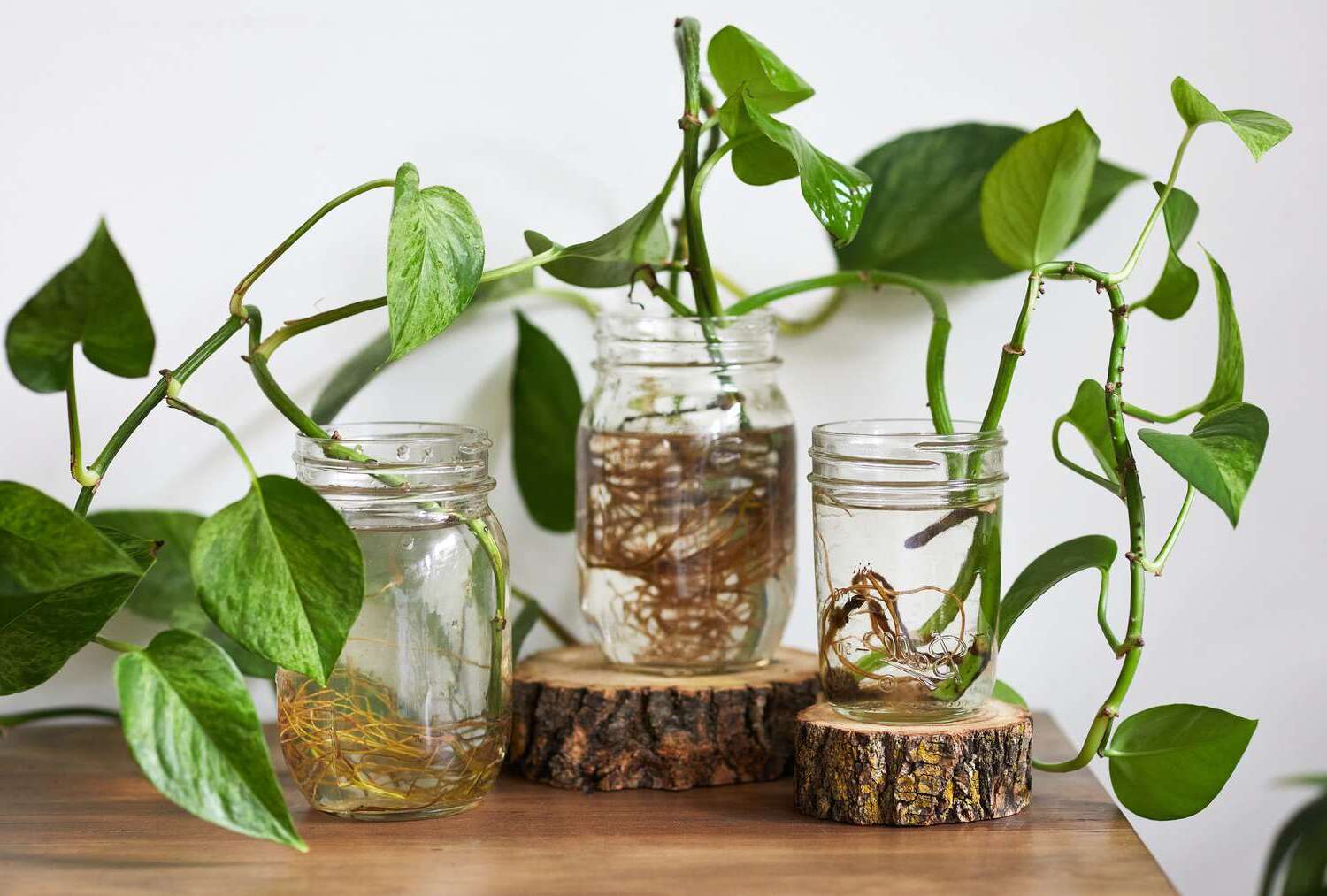
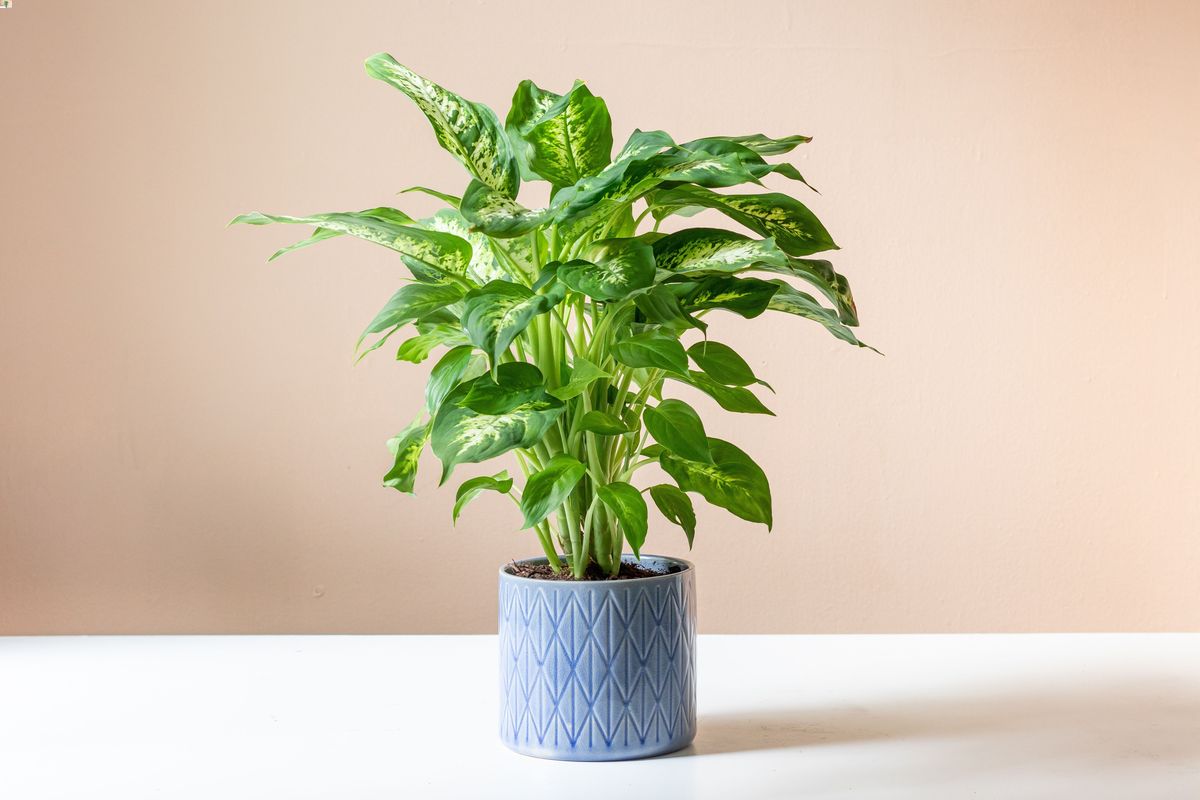
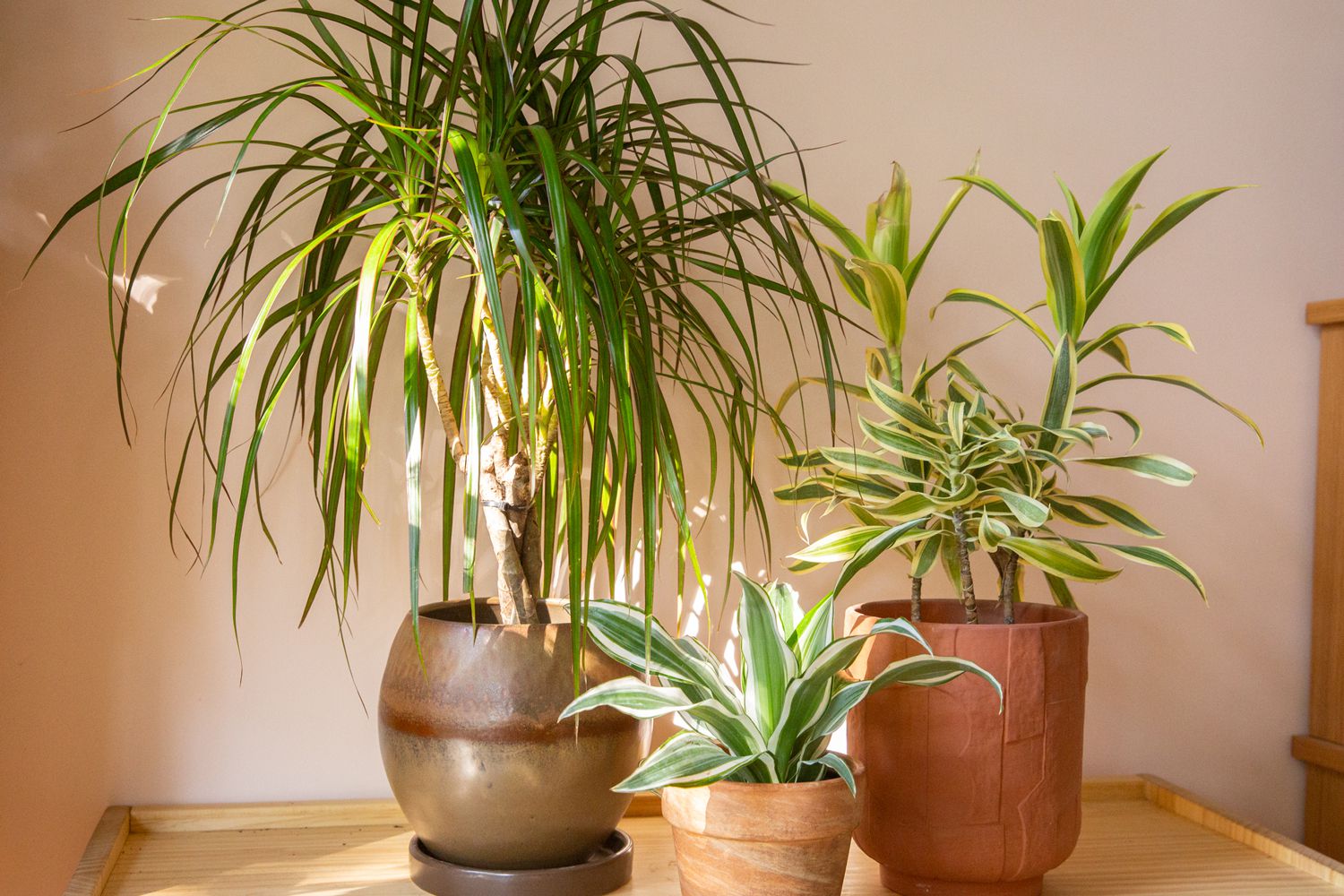
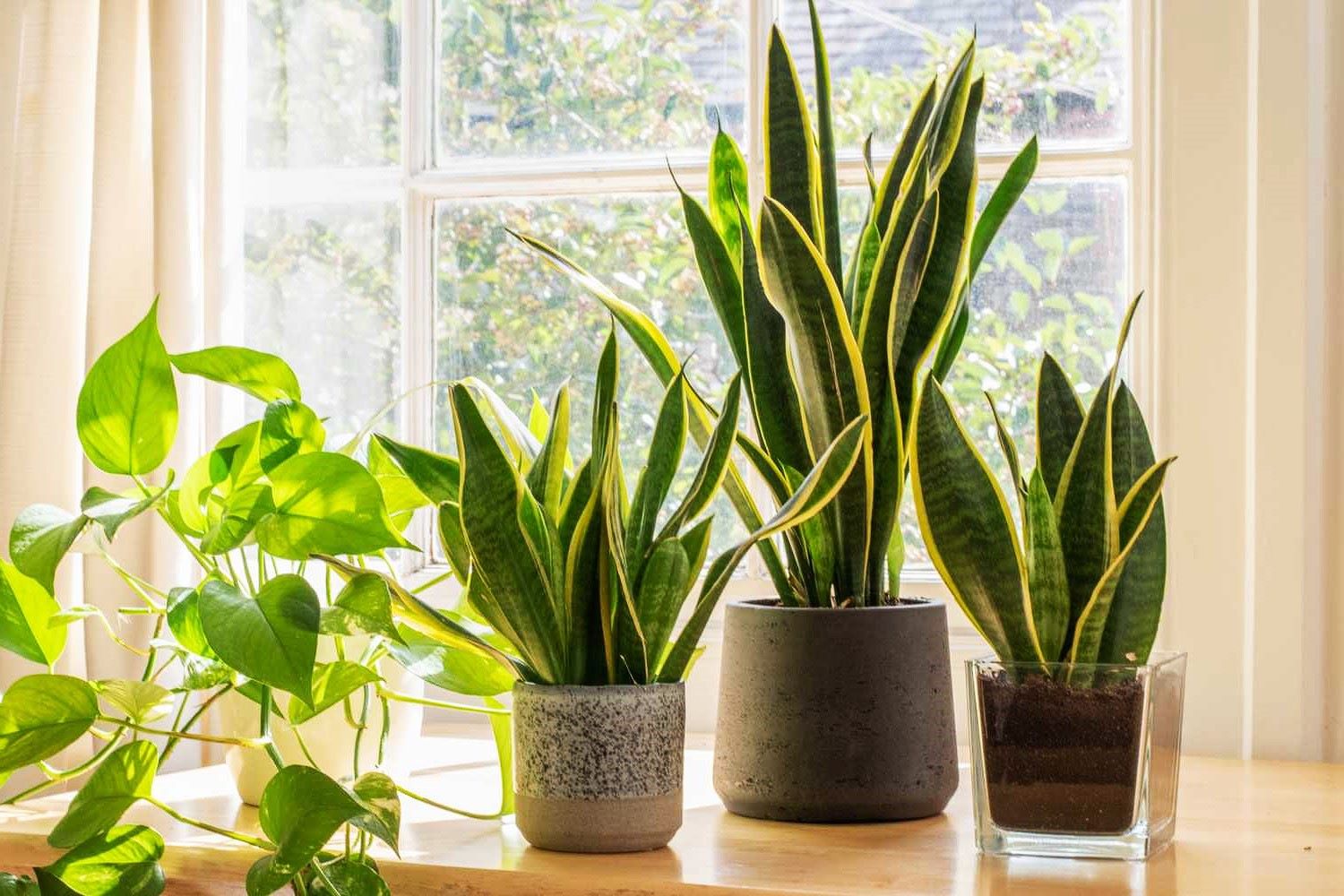
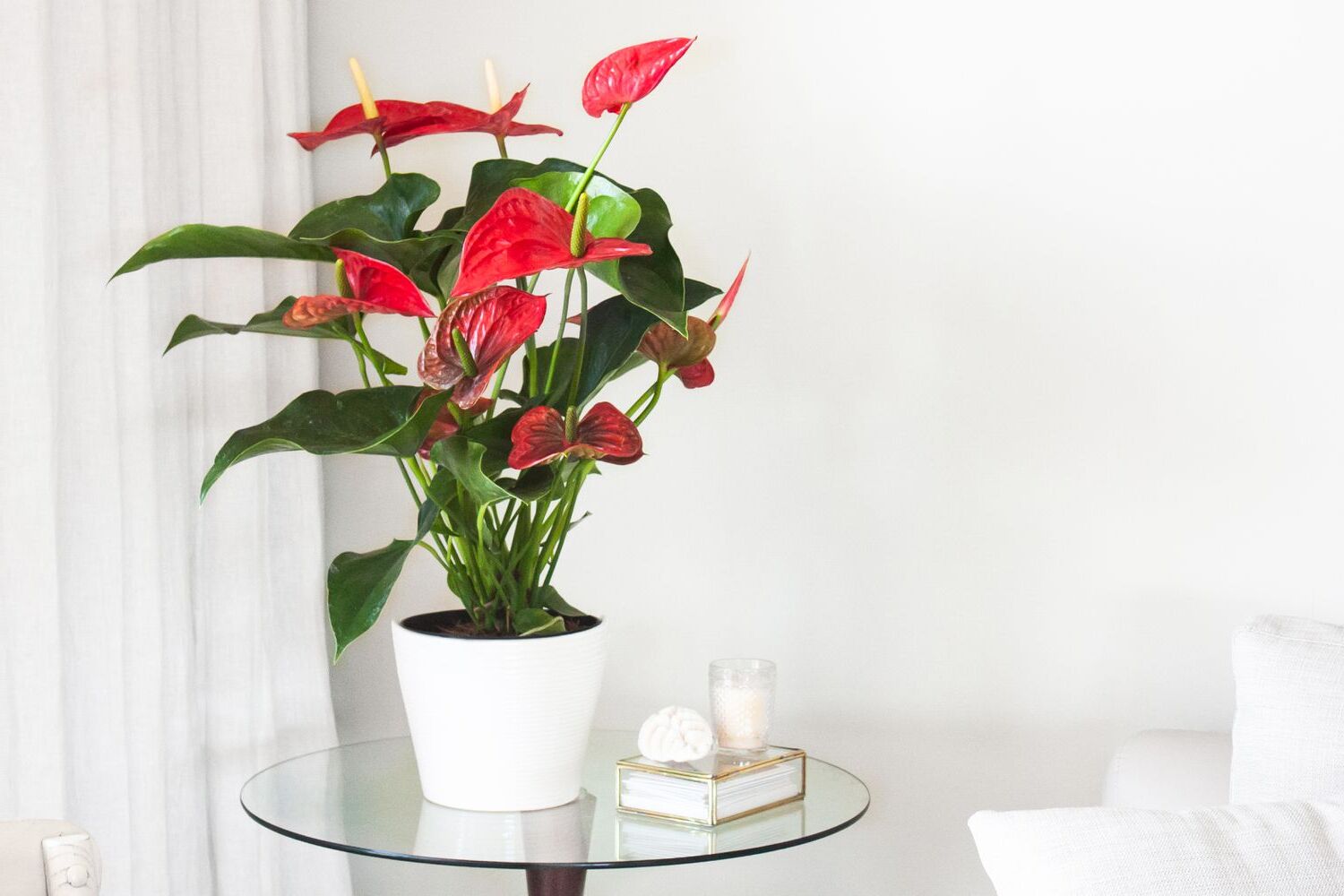
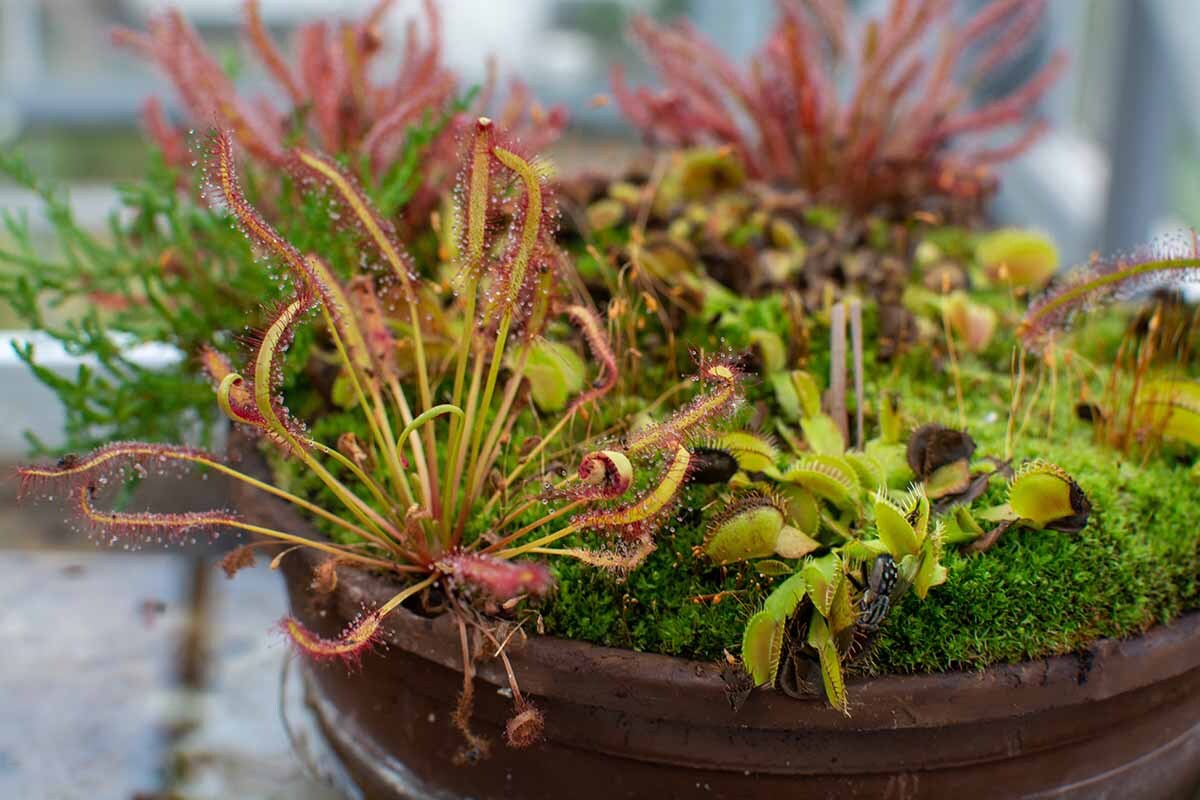
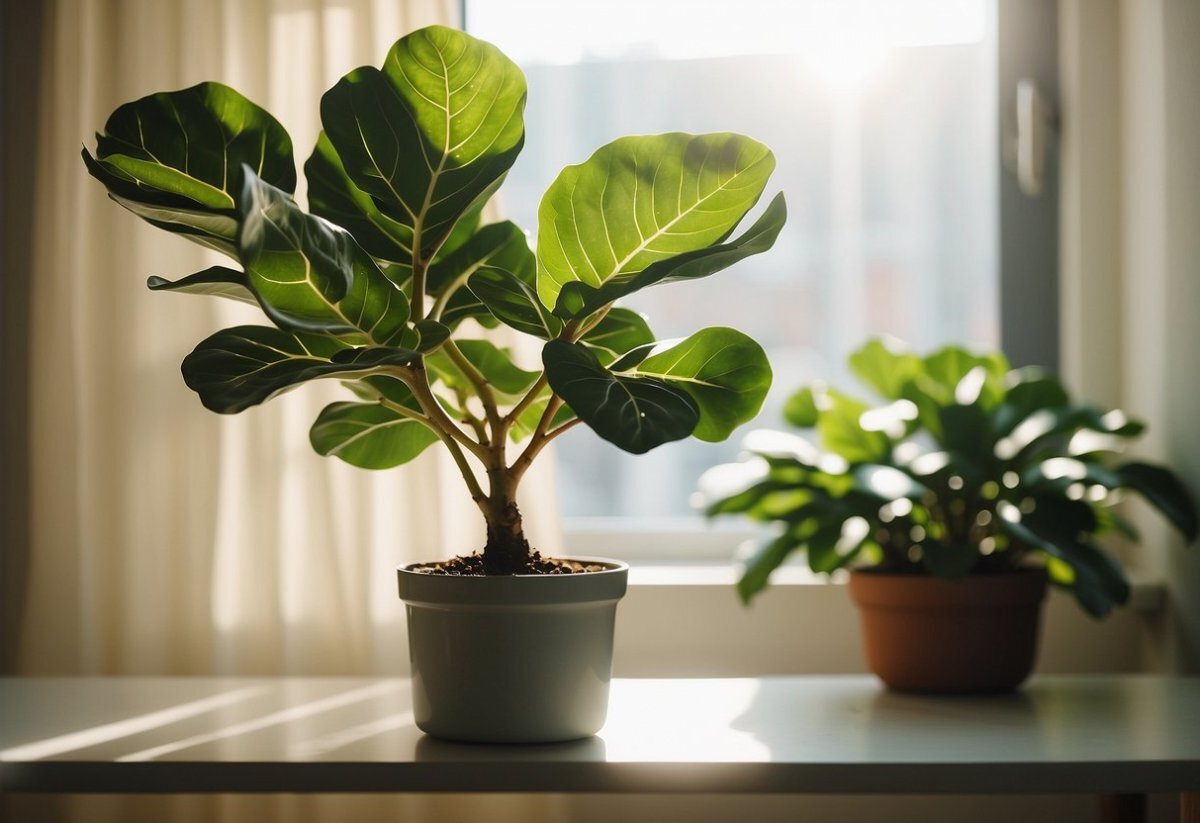
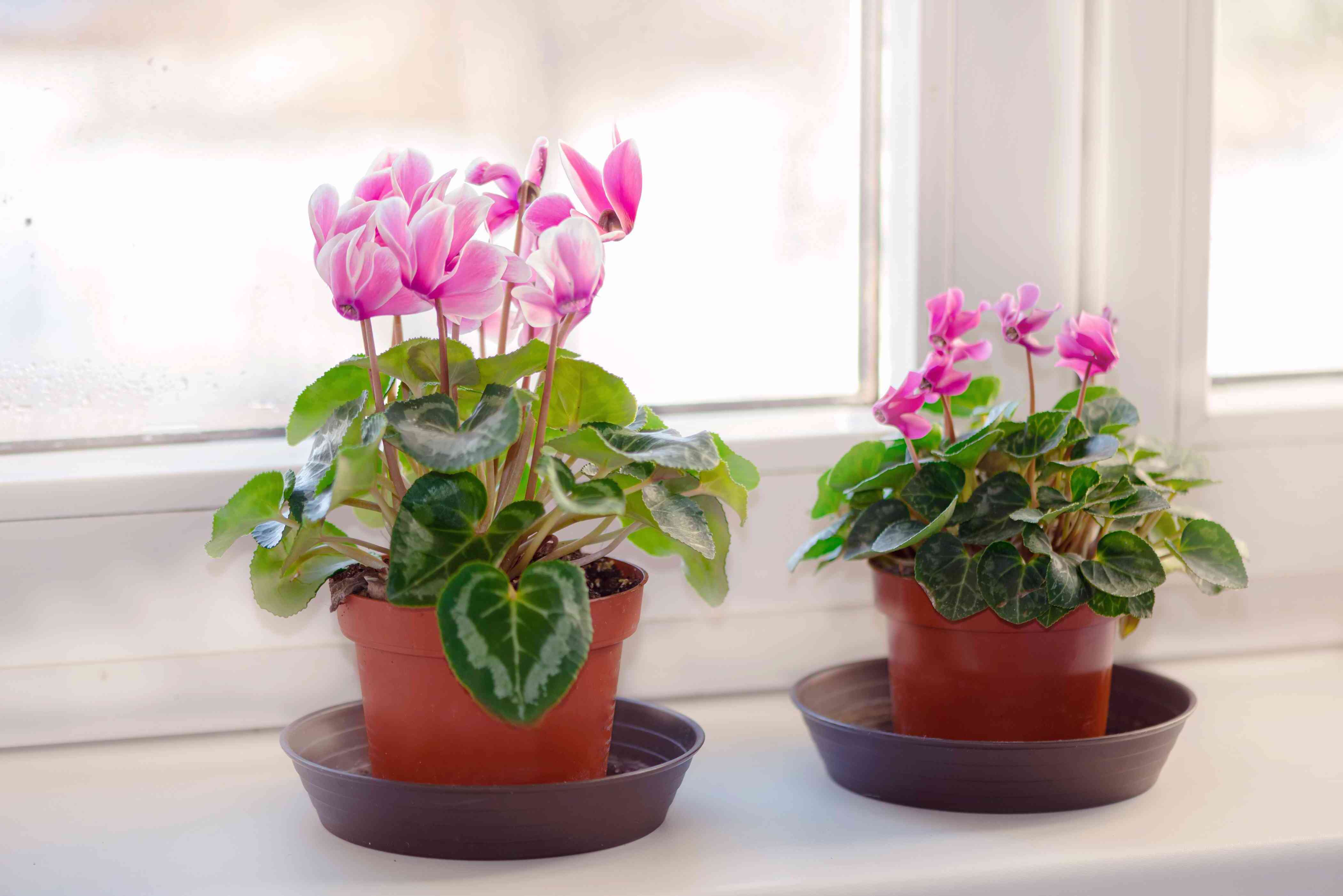
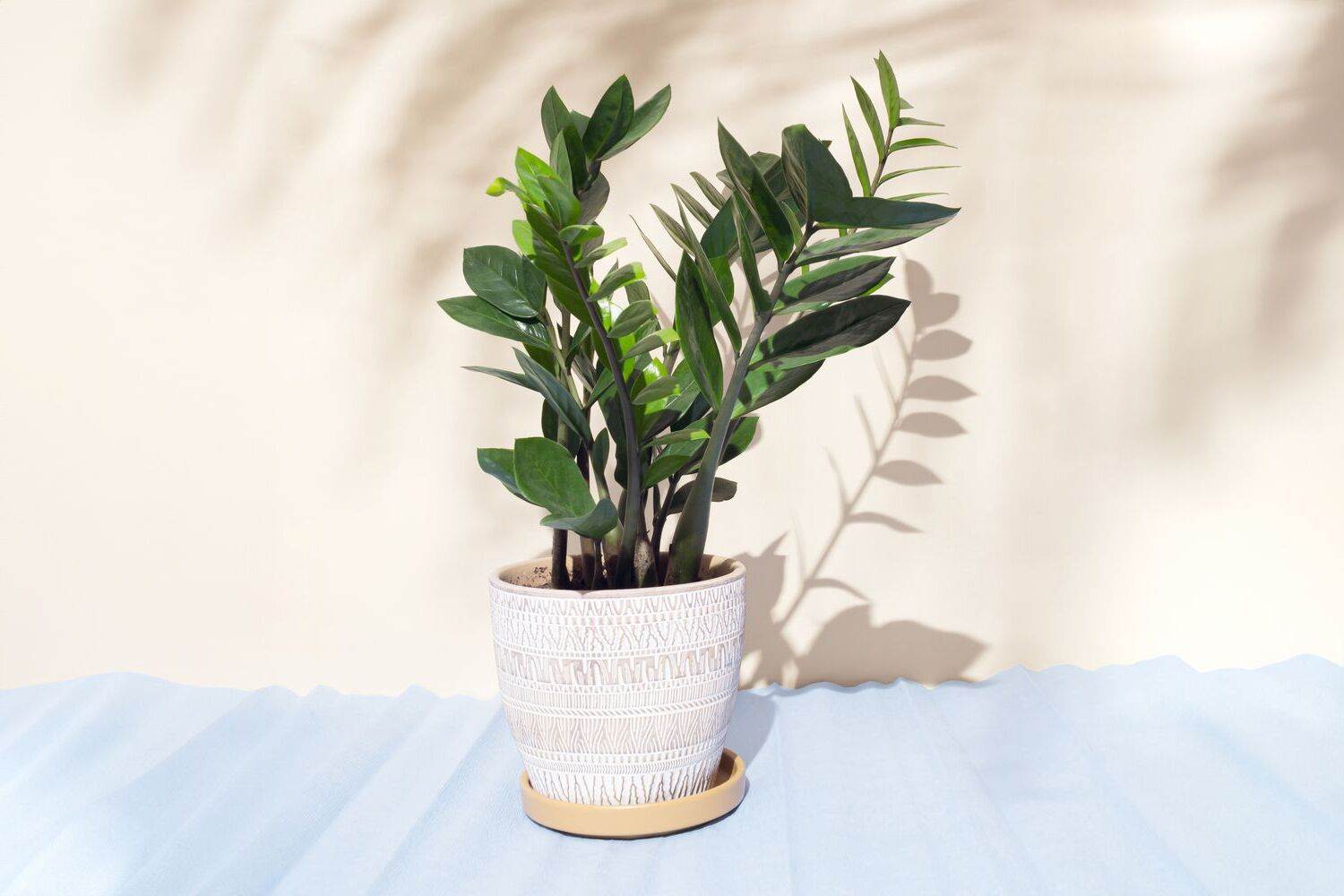
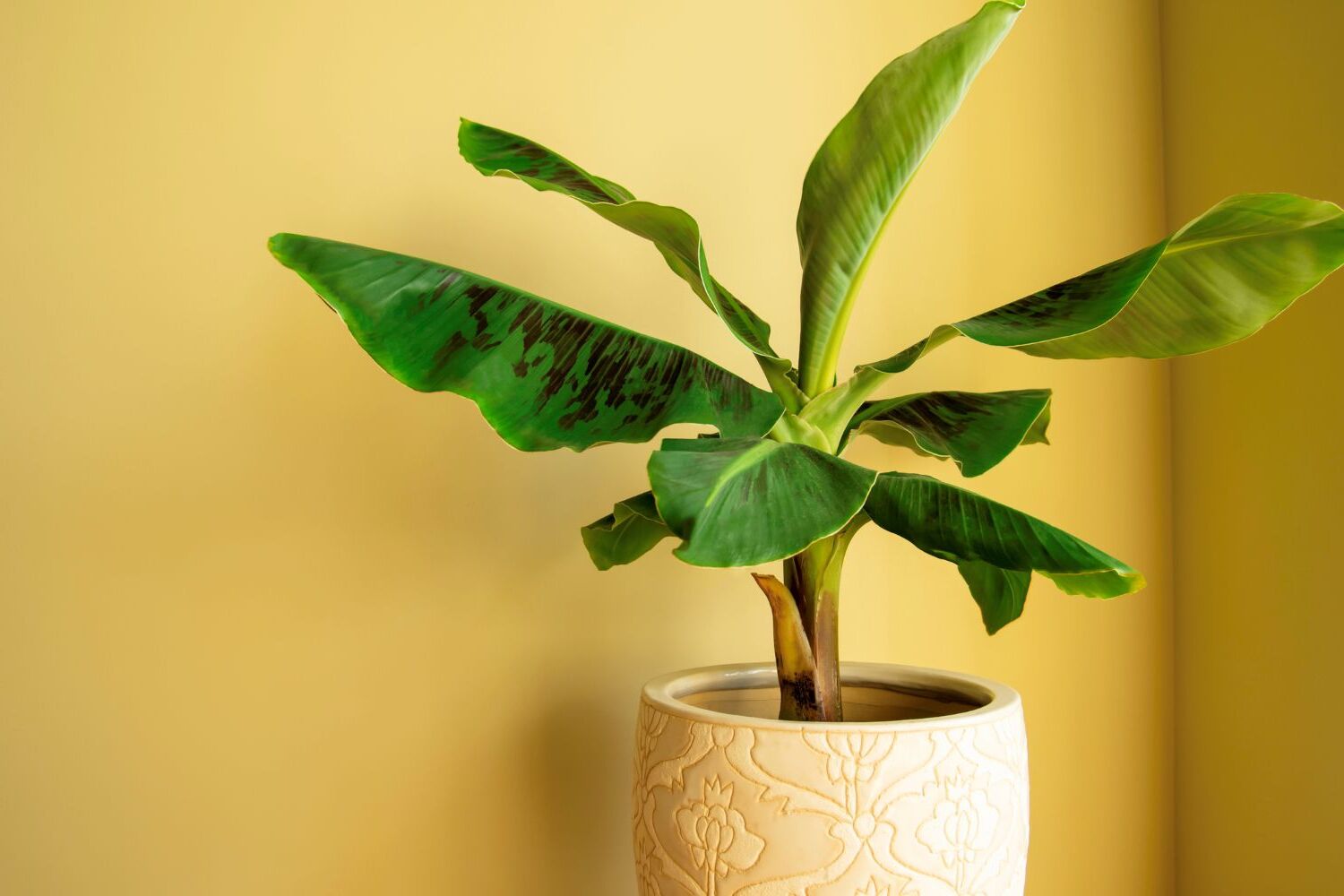
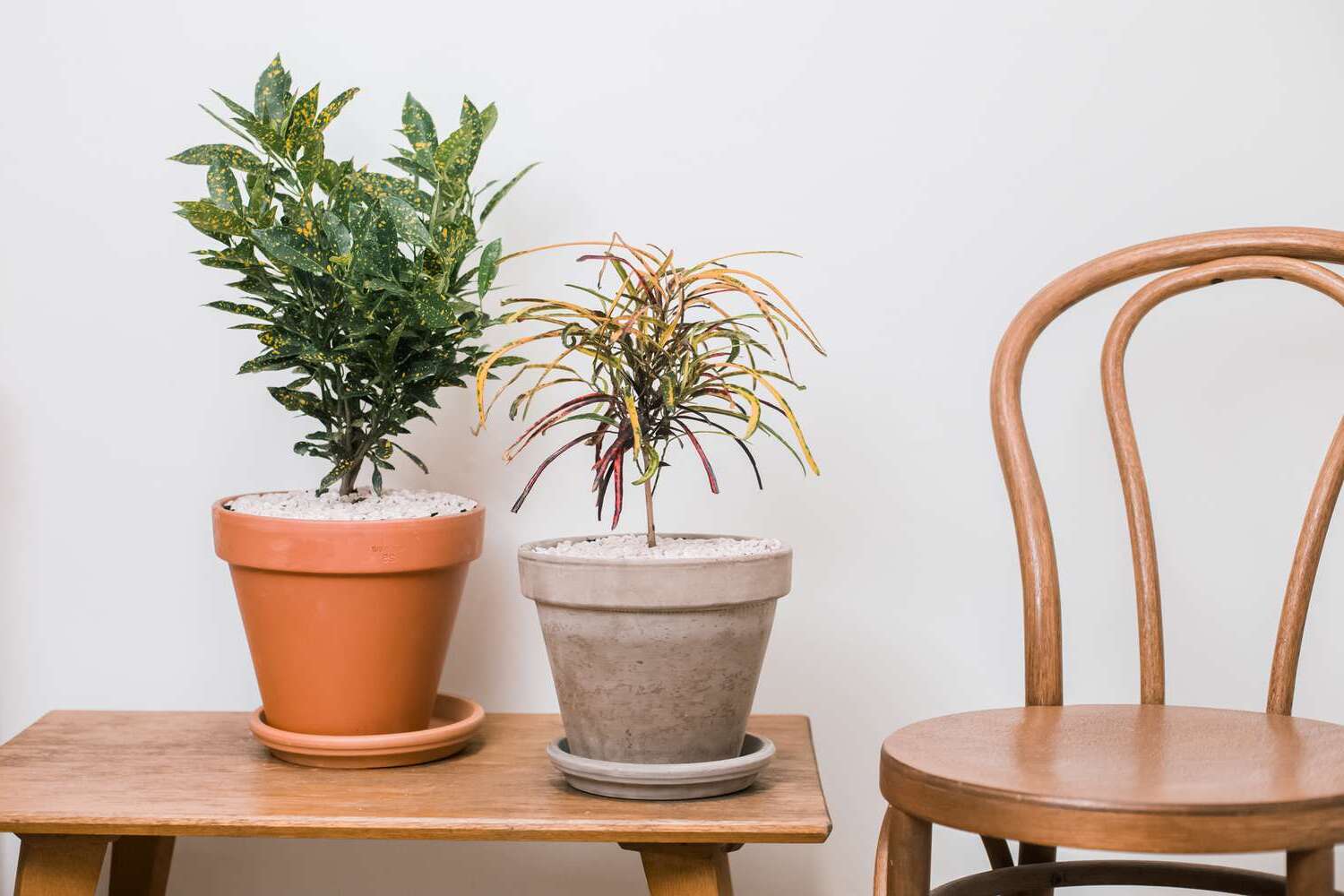
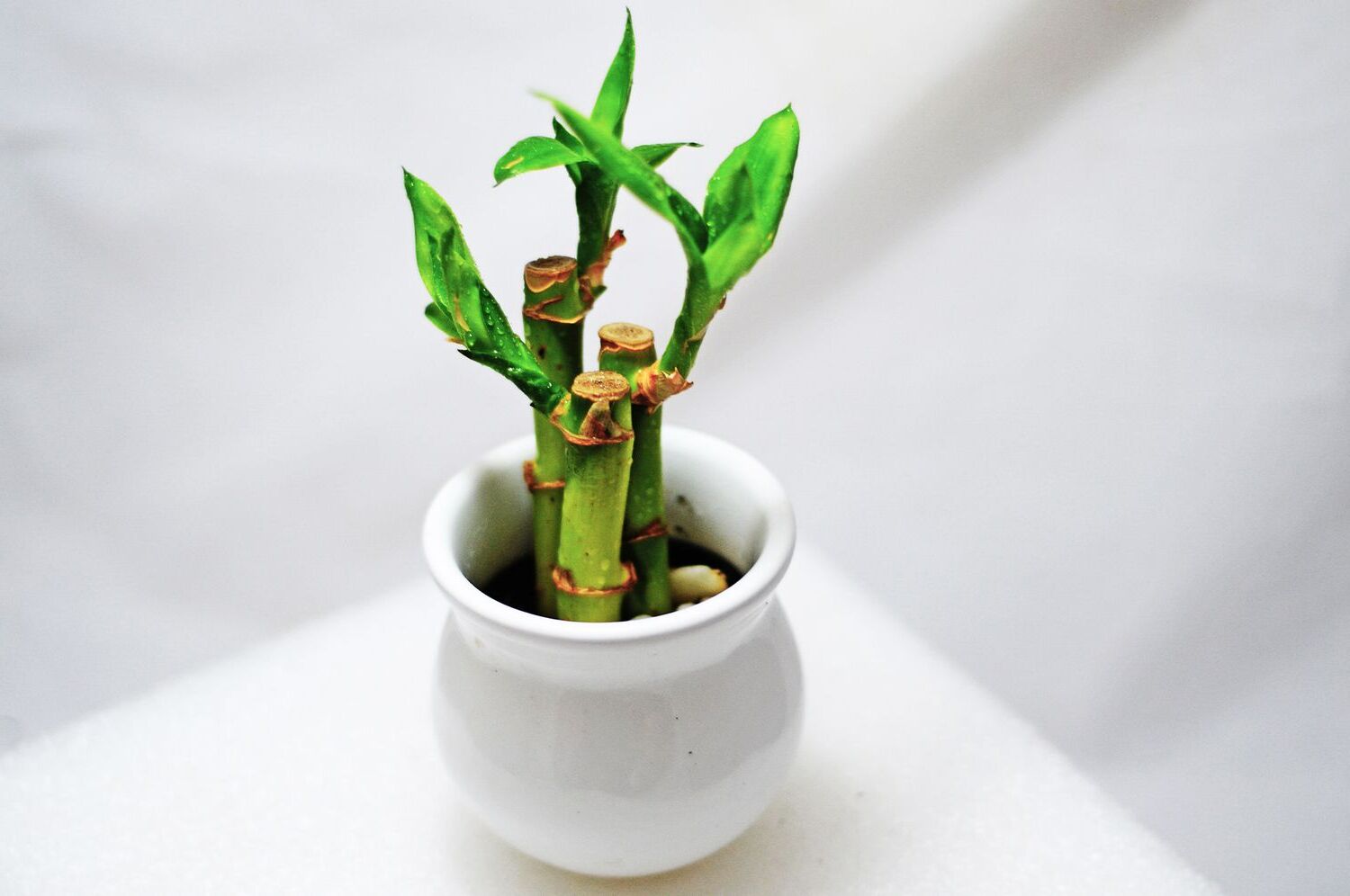
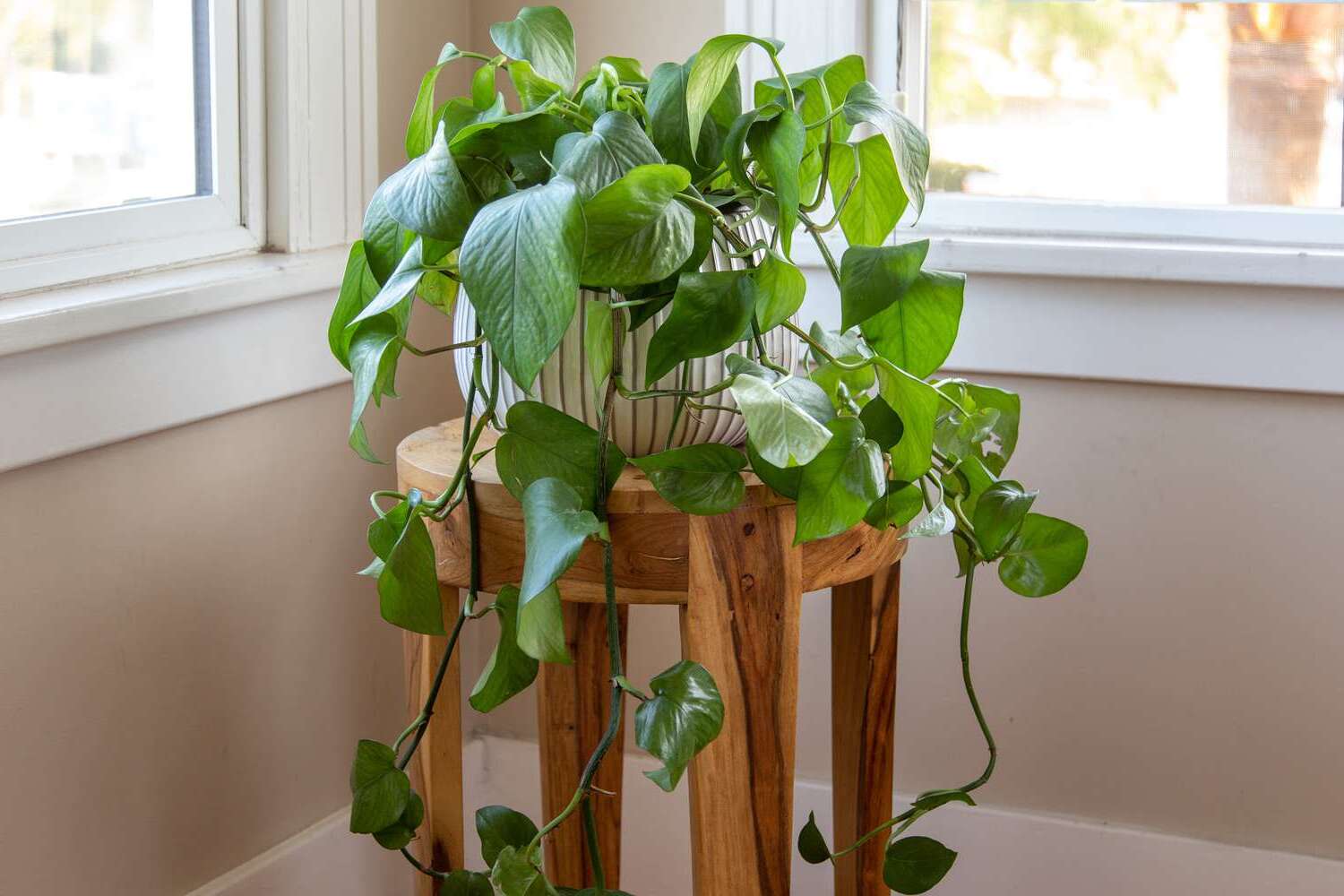
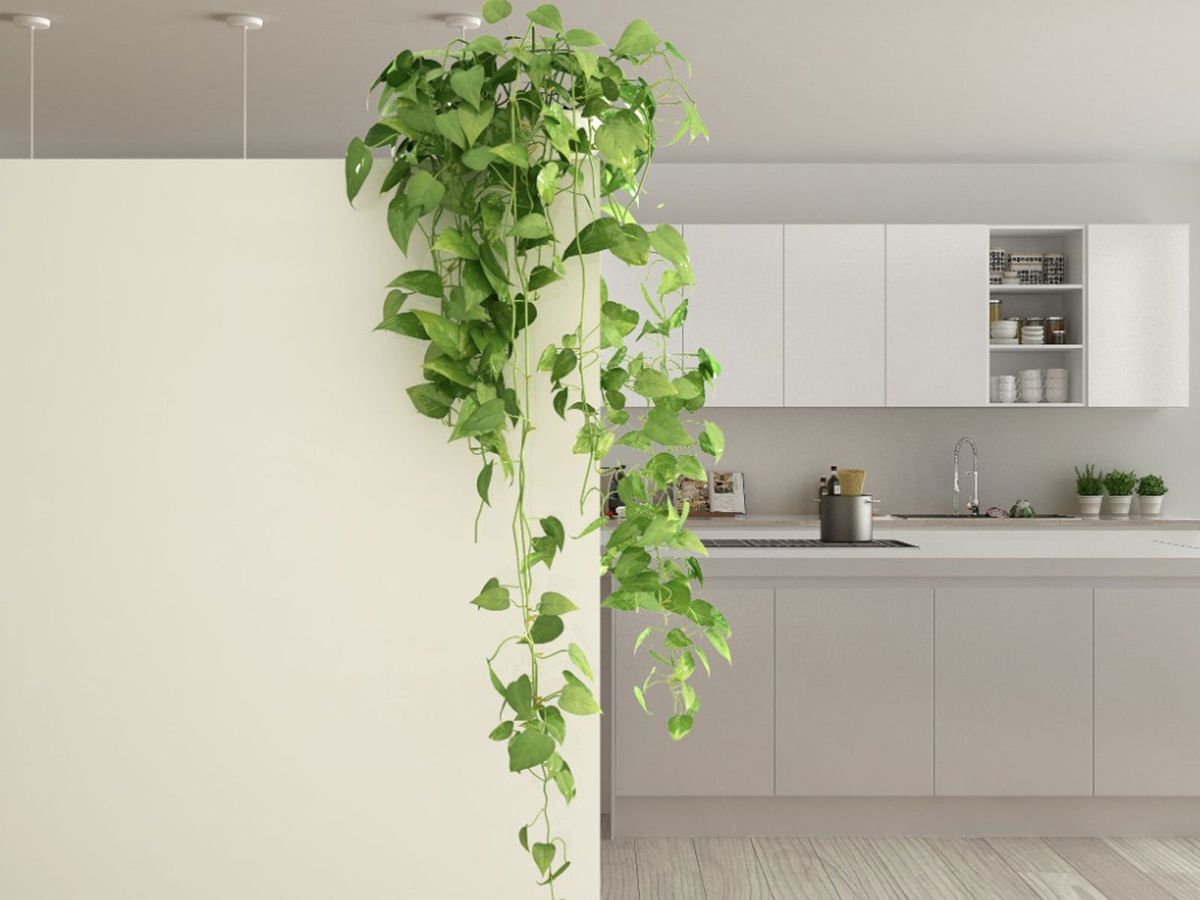

0 thoughts on “Essential Houseplants For Cleaner Indoor Air”